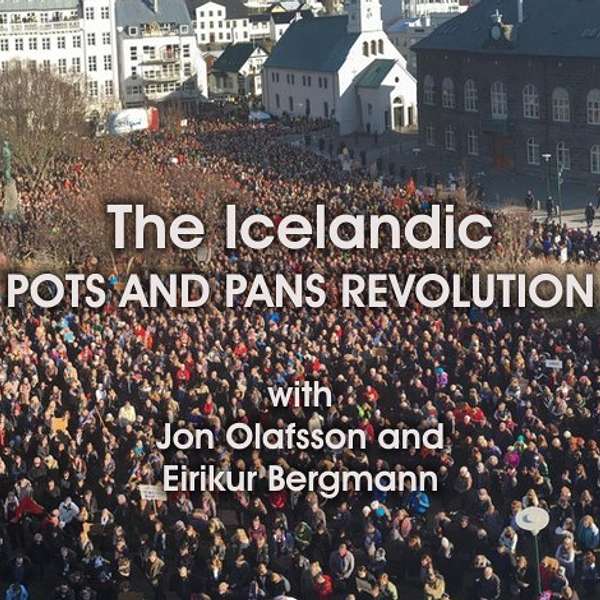
Peaceful Political Revolution in America
"The basis of our political systems is the right of the people to make and to alter their constitutions of government."
Alexander Hamilton, James Madison, James Wilson, Thomas Paine, and many other American patriots and revolutionaries completely agreed with this simple but compelling statement made by President Washington. Yet today, very few Americans know what the basis of our form of government is, let alone understand what it means.
This Podcast will dive into the most important and most censored story in America. We will uncover the myths behind our constitutional history and reveal some of the startling facts about our founding as a nation. Hang on tight! If you haven't honed up on your American history, if you think you understand our American political system, you may be in for a shock.
Peaceful political revolution is your unique American heritage. It is what makes our democracy so special and what makes your role in American politics so important. Are you ready for a peaceful political revolution? Where does it come from? How does it happen? What can you do to change our political system for the better?
We will address these questions and many more in the upcoming Podcasts, so hang on. If you think our politics are bad and only getting worse, you may find that a peaceful political revolution is the antidote.
Peaceful Political Revolution in America
S1 E10 The Icelandic Constitutional Council of 2014 with Jon Olafsson and Eirikur Bergman
(See transcript for the entire introduction)
Welcome back to the Peaceful Political Revolution in American Podcast.
Iceland has a really interesting history. You may know a bit about its scenic wonders if you ever watched Game of Thrones, but its political history is no less amazing. Iceland used to be part of Denmark, but in 1849, things began to change.
In the 19th century, the Icelandic independence movement from Denmark was gaining momentum, while nationalism and demands for increased civil rights intensified in mainland Europe. In June 1849, the king of Denmark was forced to meet the demands of the liberals and the nationalists, and agreed to a constitution for Denmark and thus also with Iceland. This constitution ended the absolute monarchy and created a constitutional monarchy in which power over the most important issues was handed over to a parliament elected by the people. That was step one on the pathway to democracy and independence for Iceland.
However, this change was not well-received by Icelanders, as it in reality translated to reduced autonomy for Iceland. Before 1849, Icelanders had officially ruled themselves as they happened to see fit in domestic matters. But now those matters were falling under the control of parliaments over which Icelanders had no influence. The Danes were reluctant to meet the demands of the Icelanders for self-government as set forth during the National Assembly of 1851, in the belief that it would weaken Denmark's control in government. But when the said region was annexed by Prussia in 1867, new conditions were created, and "the laws of standing" were passed in 1871, which determined the standing of Iceland in relation to the Danish state. In 1874, on the millennial anniversary of the settlement in Iceland, Christian IX became king of Denmark and attended the festivities of the watershed occasion. This opportunity was used to give Iceland its own separate constitution, and this constitution is the basis of Iceland's current constitution.
With the relationship law of 1918, Iceland became a sovereign state and in 1920 the country received a new constitution to reflect this large change. An election was run in May of the same year and had a turnout of 98%. 97% voted to break off the current relationship law with Denmark and 95% approved a constitutional republic. On June 17, 1944, the Althing met at Þingvellir, where the constitution was ratified and the republic established.
It has been amended seven times since then, mostly due to changes in the structure of the constituencies of Iceland and the conditions of voting eligibility. In 1991 the organization of Althing changed from a bicameral legislature to a unicameral legislature. Extensive modifications were made in 1995 when the human rights section of the constitution was reviewed.
Fast forward to the global financial crisis of 2008.
continued...